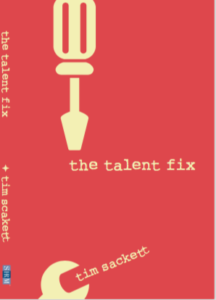I’m returning from London today and there was something I noticed on my trip that we don’t really have in America. In fact, in the past year, I’ve visited Australia, South Africa, and now the UK, and in each visit to these countries I’ve noticed they have a very strong after-work pub culture.
When I talk to my grandparents it seemed like at one time in America we also had this after-work pub culture. We would go to work, do our job, and afterward we would meet our workmates and friends from, old and new, for a drink or two before heading home.
I love the after-work pub culture!
It’s not really about drinking, although a lot of that happens, it about true connection. The one thing you instantly realize about the pub culture is that no, absolutely no one, is looking at their phone! It’s so strange because you realize how much we are on our phones in America when you see this!
It’s adults, sharing a pint, having conversations. Laughing. Hugging. Just sharing their daily frustrations and joys. Then they head home and finish their day.
Somewhere in our history we stopped heading to the pub after work and started heading directly home. Why?
Part of the pub culture is a city culture as well. When you don’t get into a car, by yourself, but you walk to the train, or bus, or ferry, or to where you live directly, you put yourself in a position to stop along the way for a drink with a friend, or to meet up with some friends. As we moved out of our cities, we moved away from the after-work pub culture.
We became addicted to busy. Around the world parents have their kids play sports and do activities, but, in America, we’ve become completely insane in over-scheduling our kids. It’s not enough to have them play little league on the weekend or take piano lessons, they have to be on travel teams, or prepare for concerts, etc.
We stopped having real relationships and we started having social relationships. I’ve found other countries place a higher importance on having a real face to face interactions to consider someone a friend. They want to break bread and share a drink and really get to know the person that is you. For many Americans, we’ve grown uncomfortable with real relationships!
I think there is a balance. I’m not sure I want my Dad or Mom showing up a 7 pm each night because they’ve been at the pub, but I think it’s okay if they do this a day or two a week. I think it’s healthy for adults to have adult relationships.
I like the concept of the neighborhood pub where you can go and you know the staff and the patrons. I think an after-work pub culture acts sort of like adult therapy in so many cases. I’m wondering if the Millennials and GenZ will turn the tide and re-create the after-work pub culture in America, as we see more and more young people move back into our cities? I hope so!
Hit me in the comments on your thoughts about an after-work pub culture. Are you for it or against it, and why?


